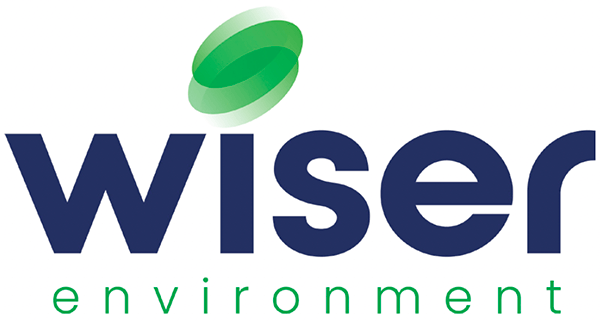The US-based business-to-business services company – Stericycle – is a leading provider of clinical waste management services. They have a long history of successfully managing waste streams from hospitals, healthcare providers and research facilities. Recently, the company has announced plans to repurpose an existing site in Telford, UK in order to accommodate a state-of-the-art clinical waste transfer and treatment facility. The site chosen for this project was previously used for manufacturing and storing plastic and aluminium products such as flashings, facias, and soffits.
After Stericycle saw our work with other similar international companies, they contacted us to see if we could help them with a contaminated land investigation. This project incorporated both a Preliminary Risk Assessment and Site Investigation Report. Phase I of the project involved completing a preliminary risk assessment to evaluate potential environmental impacts associated with the proposed redevelopment. Whereas Phase II of the project involved conducting a thorough site investigation to assess the existing environmental conditions at the site.
Our team’s Preliminary Risk Assessment indicated that the site hasn’t seen much development throughout its history. Most recently, it was used for creating and storing window fittings. We worked with various trusted partners to further refine the assessment – such as the Coal Authority. Our initial findings discovered that the site was close to two coalmines that were last used over 120 years ago. Furthermore, we found potential asbestos-containing materials on the site because of the age of the buildings. Lastly, there is a possibility for ground contamination due to electrical substations present on the site. With the aforementioned in mind, our desktop study concluded that there was a risk of potential contamination on the site.
After we completed the Phase I Preliminary Risk Assessment, our team decided that we needed to do a Phase II intrusive site investigation. This would help us figure out if any of the possible sources of ground contamination had caused pollution at the site. When we attended the site, we collected two soil samples from three windowless sampling locations. Windowless sampling is a technique used to investigate the layers of soil beneath the surface. This helps us understand the ground conditions and take samples of the soil for chemical and geotechnical analysis. The analysis found no presence of harmful materials on the site. The soil samples had no risks to human health when held up to assessment criteria for commercial land use.
Following swiftly after our Phase II investigation, our team was able to use the report’s data to develop a Site Condition Report. This report helped the client obtain a Bespoke Installation Pollution Prevention Control Permit – allowing the site to operate as a Healthcare (including clinical) Waste Treatment Installation and Transfer Station. The Stericycle project was a huge success thanks to our team’s in-depth knowledge of environmental assessment of contaminated land.
